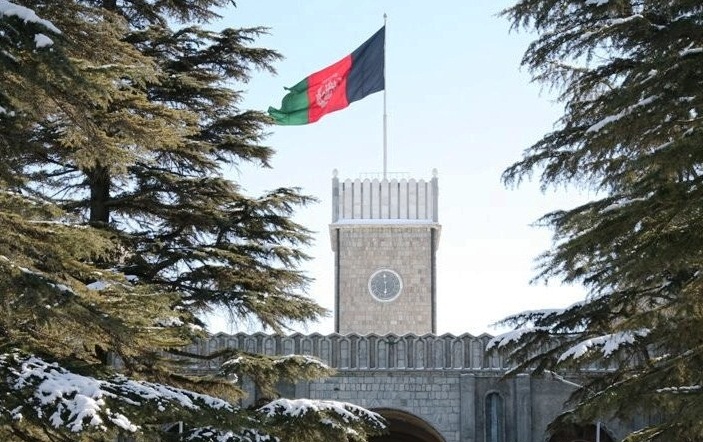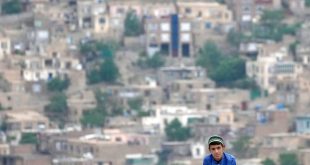Where is the sterling performance? If it’s not fretting what else it is? Give a cursory sight to the six months journey of the government and you will conclude without much trouble that insecurity is on the rise, kidnappings are soaring, and national economy is faltering. Students are protesting because higher education ministry is demanding of students to pay Afs. 40,000, a step made obligatory for students who want to pursue their higher studies in state-run universities. Decision, decision-makers, rejections, confusion, acceptance, talks, not talks, rights, no rights, poverty, and corruption—there is so much going on while leaving general public in a state of extreme confusion and despair. It becomes quite troublesome to remember who is supposed to be doing what, and why? The show is on, the spectators are left with mouths open, goggling eyes, knowing not what is the show all about—success or failure—but the reel of the show is rolling on showing different things in one run. The viewers feel overdosed with the same reel. But there is no escape. They are reeling under the reel. Lecturers didn’t get their salaries in Nangarhar University for months. They have threatened to boycott teaching to the children of the nation. When people’s buying capacity is caving in, national economy is on the slump and international aid is on the decline, parents somehow manage to scratch a living from menial works, the higher education ministry has made it obligatory on the students to pay Afs. 40,000 for entering in the state-run universities. Isn’t a huge amount particularly for those students whose parents are not business tycoons, bigwigs in the government, land-grabbers, drug traffickers, or warlords? If it’s really something beyond the capacity of commoners to pay such a huge amount, isn’t a deliberate attempt of the ministry to discourage the spread of knowledge and rise of education? At last what is happening in this country? And why? One doesn’t know. Insecurity is on the rise in Ghor province. Security is on the fall in Farah. And militancy is on the hike in Nangarhar as 16 districts are said to be highly Taliban-infested. Civil servants and ordinary staffers at the presidential palace haven’t received their salaries for the past six months. Are they snakes to go for days without eating and drinking? Are they not humans with human needs? All this is happening under the very nose of the government, yes in the presidential palace.
Ramazan Bashardost, an MP from Kabul, hit out at the government for not releasing salaries of the civil servants and said that ordinary staffers of the Presidential Palace and university lecturers haven’t received their salaries for the past six months.
Amid this situation one gets nonstop stuff by the government that they are really doing well. Isn’t some sterling stuff? Before introducing the rise in university fee, the higher education ministry, at least for once, should have run a cursory sight at the pages of the Constitution of Afghanistan. The Constitution says that it’s obligatory upon the government to make access to education free of cost. The decision of the higher education ministry looks to be aimed at making the state-run universities as money-making machines like those of private universities. Amid this uproar and hullabaloo at least someone has given attention to the problem of the common man—the man who is being killed in roadside blasts, the man that is anxious how to make a living and feed his children, send his children to school, and the man, who knows how to live on meager resources. Members of the Wolesi Jirga/Lower House of the Parliament on Monday raised the issue and urged the relevant authorities to process salaries of the civil servants as the delay is quite irksome.
 Afghanistan Times
Afghanistan Times


